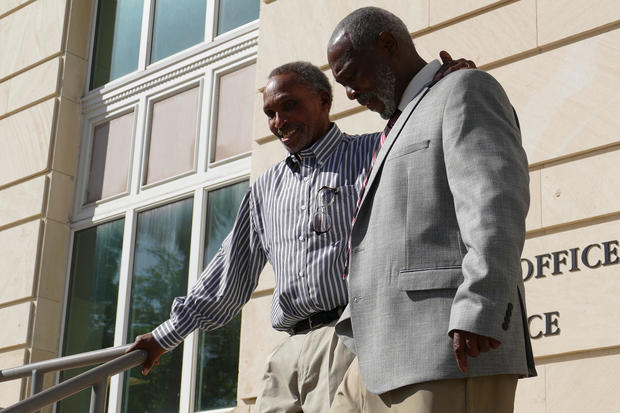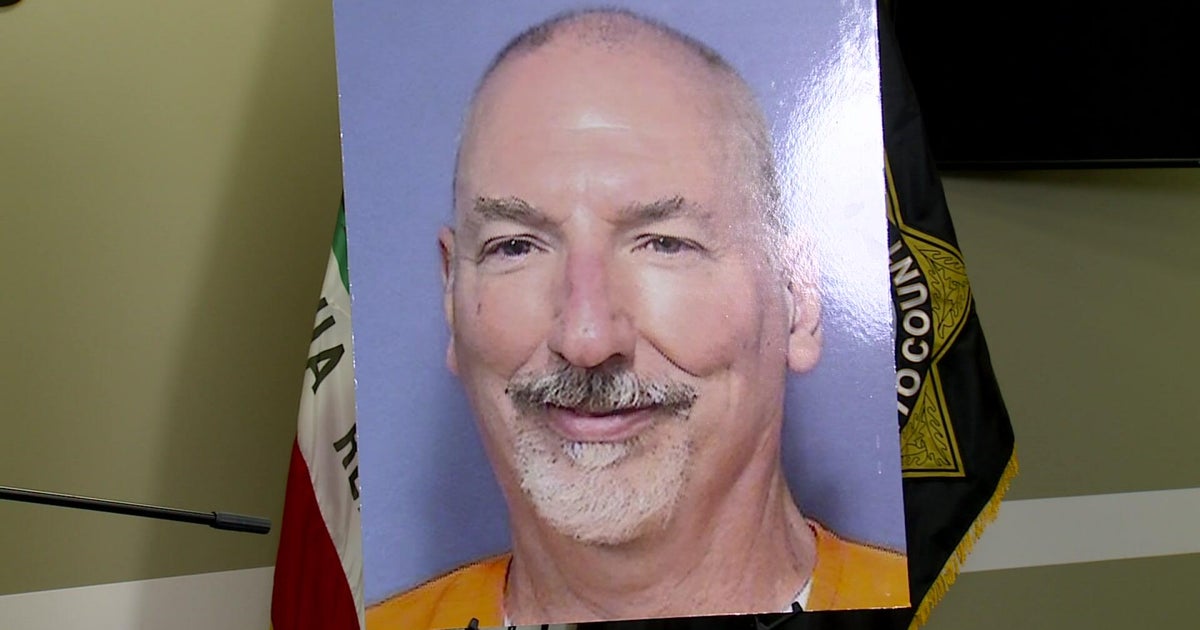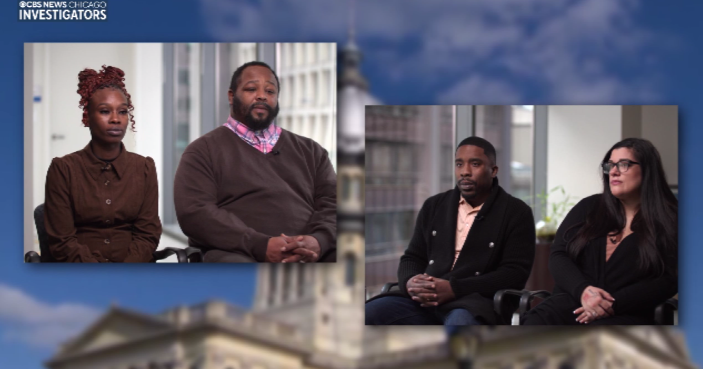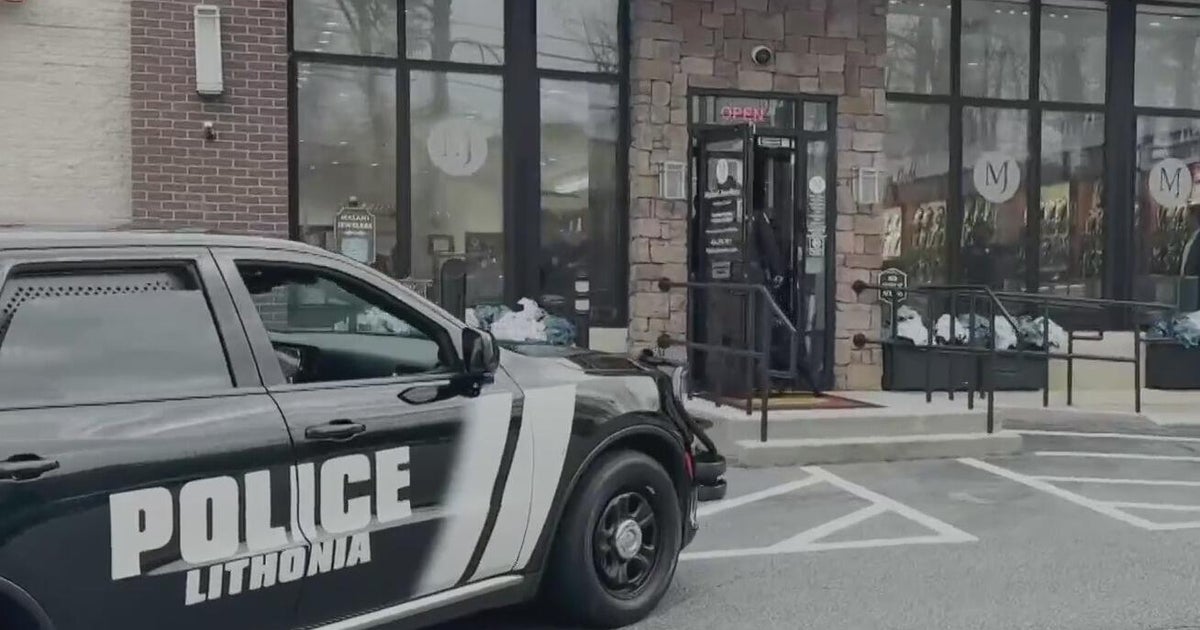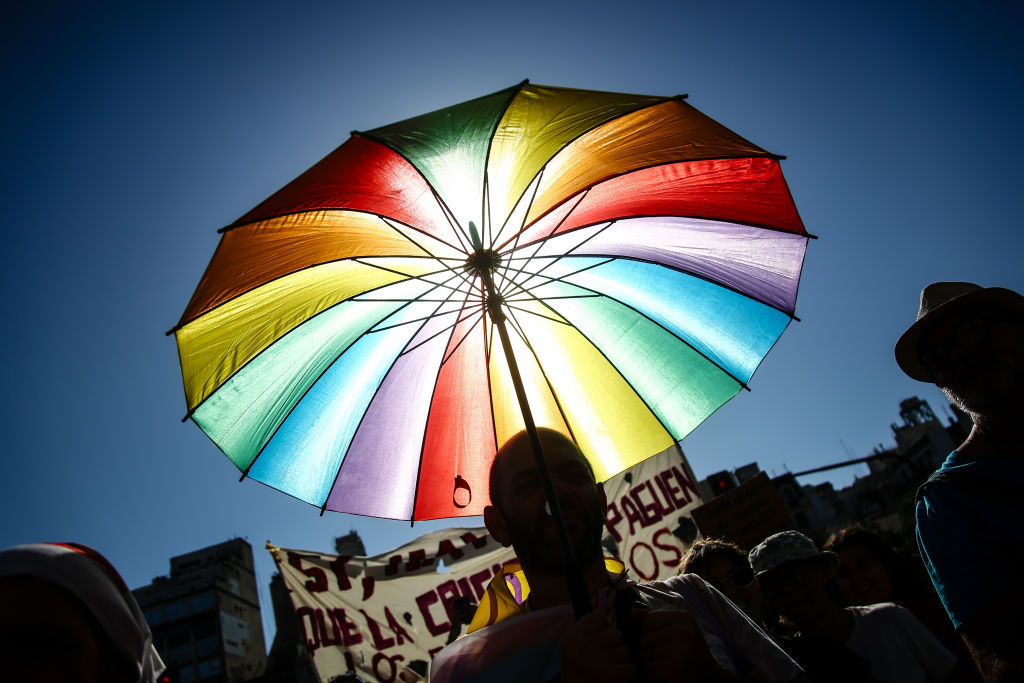Florida approves $2 million compensation claim for man wrongfully convicted in 1976
The Florida Attorney General's Office on Saturday approved a $2 million settlement claim for a man who was wrongfully convicted in 1976. The move comes a little over three weeks after the Department of Legal Affairs initially denied the request for compensation.
In a January 23 letter, the Florida Department of Legal Affairs denied the request on the grounds that new evidence and the subsequent exoneration did not amount to "actual innocence."
"That someone else could have been involved in the crime does not establish actual innocence," the letter from Associate Deputy Attorney Carolyn Snurkowski reads. "Petitioner presented no credible, persuasive, exonerating evidence to support his actual innocence."
On Saturday, that ruling was overturned, with the explanation that the DLA overstepped its responsibilities in denying the claim in the first place.
"The DLA cannot second-guess decisions made by courts, in either vacating a conviction or determining, by clear and convincing evidence, that a petitioner was wrongfully incarcerated and eligible for compensation," DLA general counsel Richard Martin said in a letter.
"While it appears Ms. Snurkowski has concerns about a lack of evidence presented on behalf of the victims at the time the original sentencing court found Mr. Myers had been wrongfully incarcerated, the prosecuting authority did not present this evidence or contest the petition. As the statute does not permit the DLA to reject an application due to procedural or evidentiary concerns with a court finding, the DLA will inform the Chief Financial Officer that the application meets the requirements of the statue and is complete."
In March 2019, Hubert "Nathan" Myers, 61, and his uncle, Clifford Williams, 76, were exonerated for the murder of Jeanette Williams and the attempted murder of her girlfriend, Nina Marshall. There was no physical evidence tying either man to the crime, but Marshall identified them as the shooters. They were both sentenced to life in prison, and the two men spent 43 years behind bars.
Forensic evidence showed the shooting could not have happened as Marshall described it at trial. Marshall stated Myers and Williams fired at her and Jeanette Williams from the foot of their bed, but evidence showed the shooter was standing outside the bedroom window and only one gun was fired. There were also alibi witnesses who said the two men were at a birthday party at the time of the shooting. Defense lawyers in the initial trial called no witnesses and presented no evidence. In addition, another man would later confess to the crime, although he died in 1994.
A report from the state attorney's office concluded, "The culmination of all the evidence, most of which the jury never heard or saw, leaves no abiding confidence in the convictions or the guilt of the defendants."
Following his release, Myers submitted a claim for compensation for his wrongful imprisonment.
Provided claims are approved, Florida provides a minimum of $50,000 in compensation for every year a person is wrongfully imprisoned, with a maximum of $2 million. Williams was not eligible to receive compensation because he had previously been convicted of attempted arson and attempted burglary. Florida's "Clean Hands Provision" means only those who were "not convicted of another violent felony or more than one non-violent felonies" are entitled to compensation.
— Tyler Kendall contributed reporting
